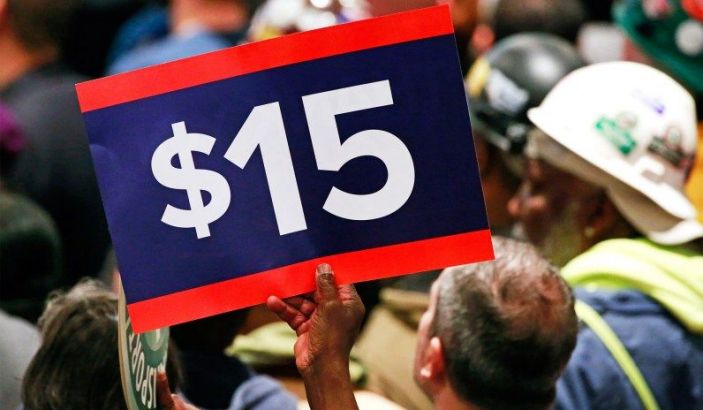Retirement contributor Steve Parrish recently published a piece at Forbes about the “gotchas” of early Social Security filing.
 Forbes
Forbes This topic is especially important right now. In times of economic hardship, we can always rely on new retirement and disability claims to skyrocket as people look for ways to support themselves. A notable example is what occurred during the 2008 Great Recession. Disability filing, in particular, jumped up by 21%, the highest single increase since the 70s.
Though increases in early retirement filing were comparatively modest (we’ve seen a steadily upward trend in the amount of seniors waiting to file), there was nevertheless an increase. And it’s safe to say many of those choosing to file did so in response to a spike in unemployment.
The 2020 Pandemic’s impacts on our economy aren’t all that disimilar to what we were dealing with in 2008. In some ways, it’s disimilar because it’s even worse. At the peak of Great Recession unemployment, 10.6% of Americans were without a job. In May of this year, our unemployment rate may have been as high as 16%.
It’s also true that although we’ve long had laws protecting the public from age-based discrimination in the workplace, senior workers have always experienced unfair treatment. Older workers tend to experience longer periods of unemployment while job-seeking, likely due to employers’ hesitance to hire seniors.
The combination of seniors’ difficulties in the job market and surprise unemployment due to the pandemic—especially during a time when older workers are increasingly planning to work longer—has predictably caused many workers to file early.
Although many of these workers may not have a choice in the matter, there are others who may opt to file for retirement early and continue working or file early pre-emptively. And these are the workers who need to be most aware of the trap they may be walking into.
The first thing to be mindful of is filing early will reduce your lifetime benefit. You have the opportunity for one “Social Security do-over” within the first 12 months of claiming benefits (though that comes with its downsides, too), but if you don’t or aren’t able to take it, your benefits will be irreparably reduced.
Secondly, if you’re still working, your combined income while collecting your benefits may shoot your taxes up. If you exceed the income threshold while collecting your benefits, your benefits will be taxed. This is called the “Social Security Tax Torpedo.”
And lastly, remember Social Security benefits are subject to an earnings test. If you’re working while collecting retirement benefits, your Social Security payment may be deferred $1 for every $2 you make after $18.240. Though you will be credited back the deferred benefits upon reaching your full retirement age, combining this deferment with the lower benefit amount you’ve locked in by filing early may mean taking your benefits now isn’t in your best interest.
It may not be possible to avoid these disadvantages of early filing. At the end of the day, in economic situations like this where seniors are even more at risk than the average worker, retiring early is an option many will be forced to take.
But for those who have more than one option and are considering early filing as a supplemental or protective measure, be very aware of these “gotchas” before you make your decision. The decision you make about filing today could have am irreversible impact on your benefits well into the future.





